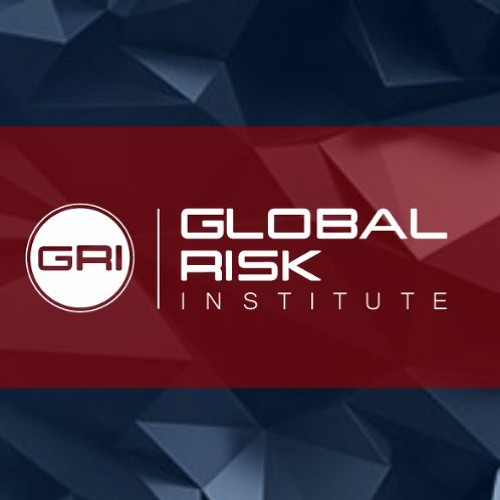- February 10, 2021
Quantum Readiness for the Financial Sector



Quantum computing is on the horizon and GRI’s webinar “Quantum Readiness for the Financial Sector” on February 10, 2021, hosted by Vanda Vicars GRI Chief Operating Officer, brought together a distinguished group of experts to explore the topic. What is Quantum computing and how will it impact financial services? How do we ensure our organizations are ready and what is happening globally in this next level of technology?
Ms. Vicars welcomed a panel of global experts to discuss the latest thinking on quantum readiness and how organizations are preparing in the United States, Europe and in Canada. The expert panel featured:
Quantum computers use quantum systems to run computations that go beyond what is achievable by standard computers. They do this by exploiting quantum features that are difficult to preserve and control; this makes building a quantum computer an immense challenge.
Once available, full-fledged quantum computers will be able to solve many computational problems previously thought to be intractable, including breaking several elements of the current cybersecurity infrastructure. The quantum threat to cybersecurity can be mitigated by deploying new cryptographic tools, both conventional and quantum, that are believed or known to be resistant to quantum attacks. The transition to quantum-safe cryptography is a challenge for all sectors
Each of the panelists made introductory comments and then moved to a Q&A with the 200+ attendees representing more than 80 different organizations. Here are some of the highlights of the session:

Jaya Baloo

Bob Blakley

Steve Hawkins

Michele Mosca